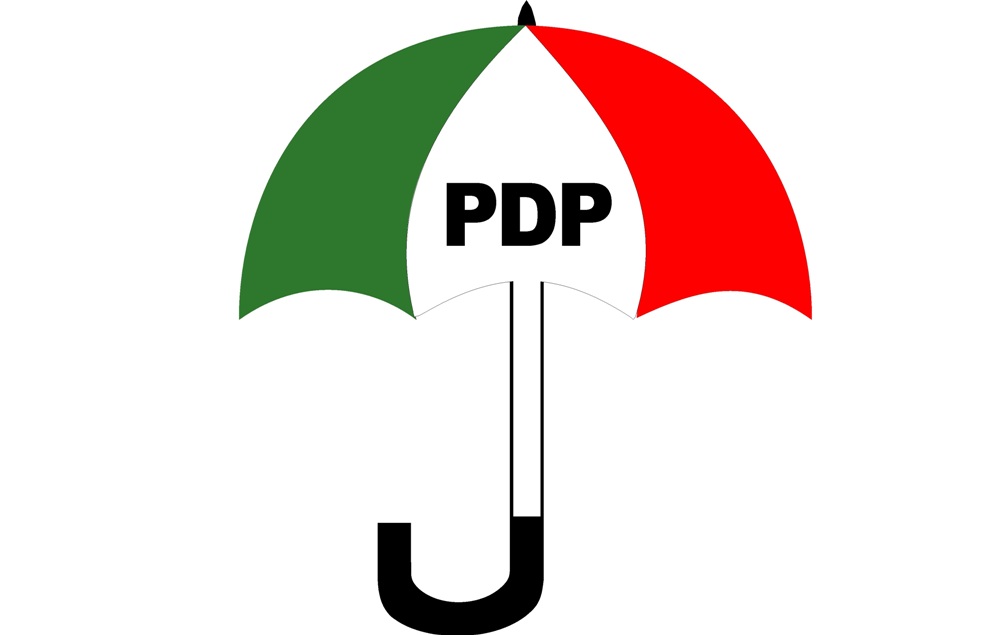Business owners face competition in the very broad, yet streamlined market space. As a matter of fact, the ability to generate business ideas is not a problem for budding entrepreneurs, but their capability to attract external funds is a major obstacle.
Some experts advise that every business owner should have a business plan to show comprehensive research.
If you are a business owner, who needs funding to start, expand, or acquire a business, you’ll need to know how to write a business plan. Affirmative, every lender will look at the standard factors required of all loan applicants, such as your credit history, credit score, and assets- but business loan lenders will also require a business plan.
Recently, the Nigerian Export Promotion Council took the responsibility on itself to put business owners through the rudiments of writing a bankable business plan. The event organized by the Small & Medium Enterprises Finance (SMEF) Division of the Export Development and Incentives Department (ED&I), NEPC is coming in handy.
A key question is, why do business owners need to know how to write a business plan? Because a lender would need to know if your business idea will be viable and sustainable. They look at all aspects, including financial statements, sales strategies, and your overall financial plan.
According to a journal, Guidant,, a good business plan will include several years’ worth of past revenue and profits (if available). It will also forecast sales and profits three to five years into the future. Lenders also want to know what the business is, what products you offer, what the competitive landscape looks like, and who your key personnel are. This information (and more) is used to gauge your business’s chances of success, which will ultimately allow you to succeed and to make loan payments to the lender.
NEPC, as a matter of responsibility, organises periodic training for MSMEs engaging in export businesses. Its resource persons provide professional and guided information for trainees to access funds for your export businesses and to penetrate the international markets seamlessly.NEPC’s training is designed to support and reposition MSMEs’ businesses for enhanced visibility and increased foreign exchange earnings.
Beyond its duties as the Federal Government of Nigeria’s apex institution for the promotion, development and diversification of exports, NEPC has over the years worked to achieve its mandate by coordinating and harmonising export development and promotion activities in the country.
NEPC also holds periodic sensitization for MSMEs, to help them understand how to access various financial windows.Ezra Yukusak said NEPC’s training creates an interface between MSMEs and Financial Institutions with a view of building the necessary synergy for the advancement and development of MSMEs in Nigeria.Yakusak’s NEPC also facilitates production, processing, and export through financial inclusiveness.
Specifically targeted at the Micro, Small and Medium Enterprises (MSMEs) that may wish to grow and expand their businesses, the Executive Director, NEPC, Dr. Ezra Yukusak hammered on the issue of funding.
A business plan is a written document that outlines the goals and objectives of a particular business activity. Funding is a key component of every business, and anyone with the intention to attract investors must have a very good Business Proposal or a Financial Plan in line with the requirements of the Financial Services Sector.Ezra Yukusak observed that Micro, Small and Medium Enterprises remain the driving force of any economy, and finance is a pivotal instrument that accelerates growth in any industry. “There is no business entity that does not require one form of funding or the other. For our economy to achieve the needed diversification, MSMEs should be aware of the various finance options that are available to them and they must be acquainted with the necessary tools needed to acquire such funds. This is why knowing how to write a Business Proposal or having a Financial Plan is a crucial skill in an Enterprise and that is the essence of this event”.The plan for every business should be updated weekly, to reflect the changing trends in the business environment such as the inflation rate, the high cost of raw materials, changes in tariffs, taxes among others.
An expert in the Export business, Yukusak said globally, MSMEs have been identified as agents of export trade hence the Council’s collaboration with them on several platforms and groups in promoting non-oil exports, in pursuit of the realization of our Vision of “Making the World a MarketPlace of Nigerian Products” thereby boosting of the Nigerian economy.
Olamide Adeniji is a member of the editorial team of TheScript Newspaper




